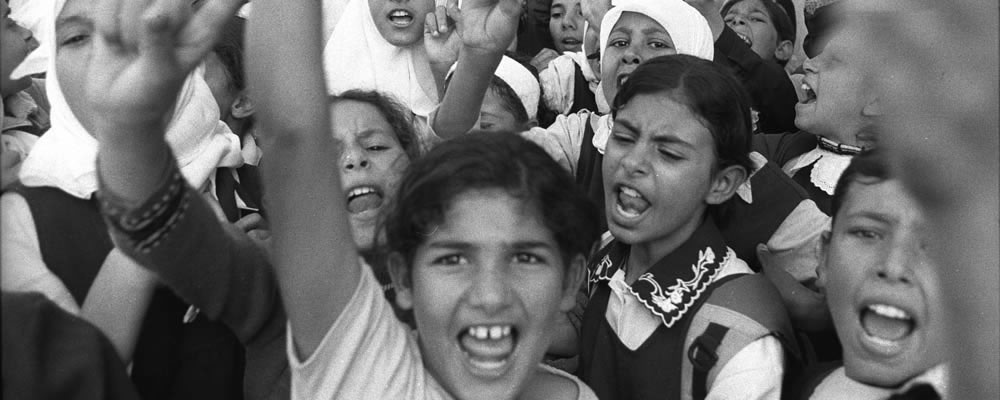Prevention of Violent Extremism & Radicalism
Violent Extremism (VE) is far away from being a new phenomenon. Ancient and modern history is full of periods where extremism and violence have come together to shape the conflicts landscape all over the world. More recently, the rise of the global structured organization of Al Qaeda brought VE back to the international attention. The pinnacle of VE in this beginning of 21st century has been materialised by the rise and fall of the so-called Islamic State. However, extremism is far from being exclusively faith-based; and related radicalisation remains a broader phenomenon that transgresses religion, culture and societies.
For the last decade, TI has been a front-liner and has participated actively in supporting a wide range of international organisations, donors and governments with in-depth research, strategic and programmatic response to VE in many countries, including Iraq, Syria, Nigeria, Niger, Cameroon, the Philippines, Libya, Jordan, Somalia, Yemen, Sudan, Mauritania etc. TI brings unique access to real primary sources when dealing with VE, such as accessing to global jihadist leaders, hardcore commanders and active fighters, religious leaders, former members in detention and extremist preachers and influencers in communities. Furthermore, TI has been extensively involved in piloting deradicalization, rehabilitation and reintegration of people coming out of Non-State Armed Groups (NSAG) that are listed as terrorist organisations, including actions in detention centres, child reformatories, IDP camps and in communities. Finally, TI is known for its track-record in dialogue facilitation with extremist groups and/or its leaders and in building consensus among stakeholders.
Hence, Transition International is strongly positioned to provide the following spectrum of services:
Training
- Courses on understanding VE, radicalism and strategic and programmatic responses
- Courses on community-based reintegration of people coming out of VE groups or groups listed as terrorist organisations
- Based on research, tailor made training on prevention of VE
- Tailor-made training on deradicalization
- Workshops on deradicalization and rehabilitation of detained children and adults sentenced
- Workshops on deradicalization and rehabilitation for staff of detention centres
- Workshops on deradicalization and reintegration for community leaders, civil society organisations and national institutions
- Capacity development for organisations’ staff in dealing with violent extremism
Advisory Services
- Based on contextualised analyses, design response frameworks, strategies and programmes to address the drivers of VE
- Support to the implementation of community-based programmes for prevention and reintegration of children, youth and adults leaving VE groups
- Design and implementation of deradicalization and rehabilitation programs in detention
- Facilitation of return and reintegration of displaced children, adults and families alleged of former affiliation with extremist groups
- Facilitating dialogue between international organizations/governments and extremist groups
Knowledge Development
- Research on drivers and causes of VE and radicalism at regional, national and local contexts
- Situation analysis of VE and radicalism in specific contexts
- Anthropological analyses of reasons why people join VE groups and reintegration needs
- Opportunity mapping to inform the design of reintegration programming
- Gender analyses on drivers, prevention and reintegration in the context of VE
- Detention assessments on conditions of children and youth alleged of association with extremist organisations

